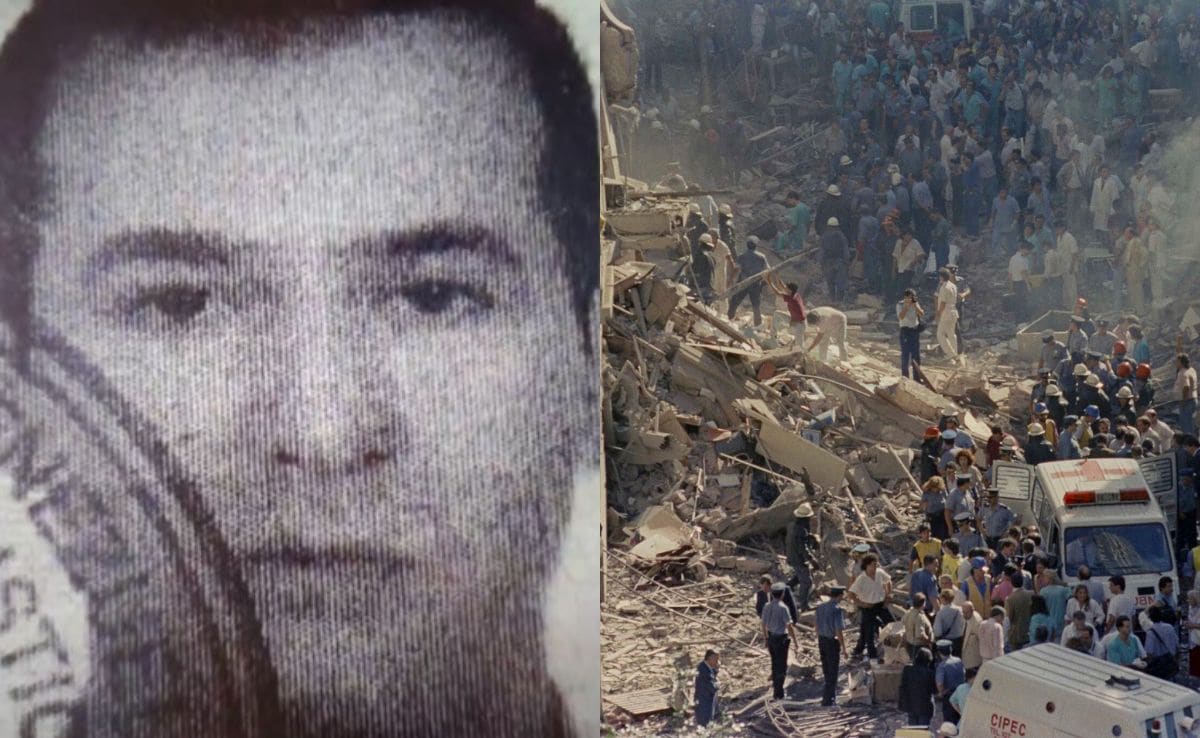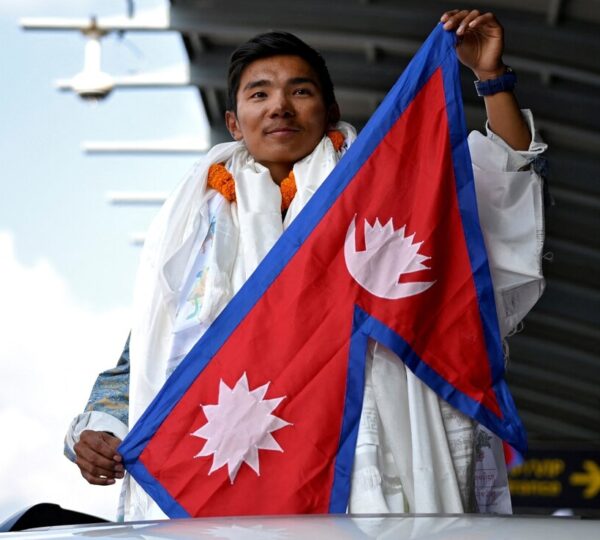In 1992, the Israeli embassy in Argentina’s capital Buenos Aires was bombed, killing 29 and injuring over 240. Two years later, a Jewish community centre in the capital was bombed, killing 86 and injuring over 300. Now over three decades later, the alleged mastermind behind the attacks has been identified as Hussein Ahmad Karaki, a notorious Hezbollah operative.
Long known to law enforcement as a shadowy figure operating under numerous aliases, Karaki has evaded capture for decades, thanks in part to an extensive network and forged documentation allegedly supplied by Venezuela.
On Saturday, Argentina’s Defence Minister Patricia Bullrich shared new details about Karaki’s alleged role as the head of Hezbollah operations in Latin America. According to Ms Bullrich, Karaki was not only responsible for the planning and execution of the two infamous Argentine bombings but also remains active in the region, with evidence linking him to a series of thwarted terrorist attempts across Peru, Bolivia, and Brazil.
QUEREMOS QUE EL PUEBLO ARGENTINO SEPA QUIÉN ESTUVO DETRÁS DE LOS ATENTADOS A LA EMBAJADA DE ISRAEL Y LA AMIA: NO PERMITIREMOS QUE CON SU RED VUELVA A GOLPEAR
Hoy le ponemos nombre, apellido y cara al cerebro y jefe de Hezbollah en América Latina: Hussein Ahmad Karaki. Uno de los… pic.twitter.com/WhPVctgbue
— Patricia Bullrich (@PatoBullrich) October 25, 2024
Karaki was responsible for overseeing the logistics behind the 1992 and 1994 attacks in Argentina, Ms Bullrich said, adding that he was operating under the alias “David Assi.” “We want the Argentine people to know the identity of the person responsible for these heinous acts,” she stated. Bullrich further described Karaki as a “ghost,” one who has effectively evaded detection for years, thanks to sophisticated tactics.
Ms Bullrich alleged Hezbollah’s growing relationship with Brazilian cartels, notably Primeiro Comando da Capital (PCC) and Comando Vermelho, both known for controlling vast swathes of Brazil’s drug trade.
According to Ms Bullrich, Hezbollah has transformed these cartels into hybrid narco-terrorist entities, with PCC’s illicit earnings reportedly funnelled to fund Hezbollah’s arsenal and attacks against Israel.
The relationship reportedly extends to a vast drug-smuggling operation: PCC drug boats cross the mid-Atlantic, where they rendezvous with vessels linked to the Calabrian or Balkan mafia. South American cocaine is traded for Lebanese hashish, and the boats return to their respective ports to complete the cycle.
The attacks on the Israeli Embassy and the Jewish community centre have long been suspected of having Iranian backing. Recent rulings by Argentina’s judiciary further implicate Iran’s role in planning, financing, and supporting Hezbollah’s operations in Argentina.






